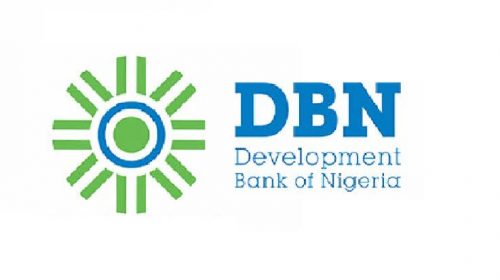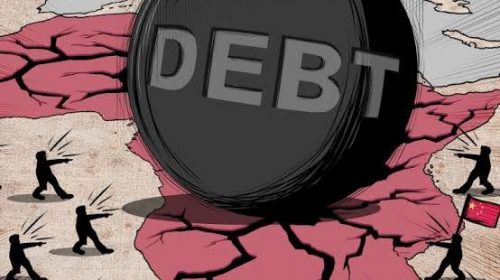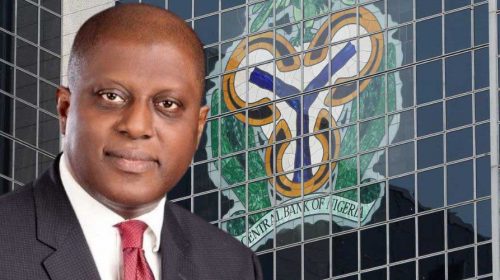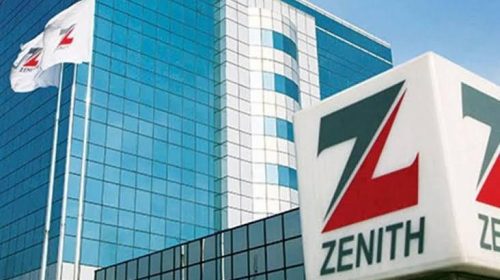CBN, NPA, Fidelity Bank Win NEPAC Awards
The Central Bank of Nigeria, CBN, Nigerian Ports Authority, NPA and Fidelity bank Plc, were among the corporate organizations who emerged the winners of the maiden Nigerian Eminent Personalities and Corporates (NEPAC) Awards,
The award was instituted to recognize and honour individuals and organisations that have contributed significantly to the growth of the economy.
Fidelity Bank Plc emerged Best Bank in Corporate Social Responsibility; Central Bank of Nigeria, Best Public Sector Institution in Agriculture Financing; and Nigerian Ports Authority as winner, Best Public Institution in Trade Facilitation and Transparency.
Other winners are Babatunde Raji Fashola, Minister of Power, Works and Housing who was awarded Outstanding Performance in Road Construction and Rehabilitation; Comrade Joe Ajero, President, United Labour Congress bagged the award for Leadership Excellence in Workers’ Rights Advocacy; Tincan Ports Customs Command received an award for Outstanding Performance in Trade Facilitation and Enforcement; Association of Bureau de Change Operators of Nigeria (ABCON), for Outstanding Contribution in Foreign Exchange Rate Stabilization; while the Nigerian Maritime Administration and Safety Agency (NIMASA), was named Best Public Sector Institution in Maritime Safety and Security; just as Nigerian Breweries Plc received the Outstanding Leadership In Sports Sponsorship award.
The event which held at the Sheraton Lagos Hotel and Towers, Ikeja was preceded by a lecture titled, “Diversification: Path To Sustainable Economic Recovery and Growth” delivered by the Director-General, West African Institute for Financial and Economic Management (WAIFEM), Prof. Akpan Hogan Ekpo.
Ekpo stressed the need for the Government to play active role in diversifying the Nigerian economy through formulating and implementing strategies for the policy.
He said, it was the strategic thinking of government that would excite the private sector to want to invest in various areas of the economy (diversification), contribute to growth and make profit.
”The private sector is an engine of growth and not development – the latter is second best. It is government that is an engine of development utilizing the benefits of growth to ensure equity and fairness. It is government that is concerned about education, health, employment, poverty and inequality, not the private sector,” Ekpo, a former Vice-Chancellor of the University of Uyo, Akwa Ibom, stated.
However, for the economic diversification to be effective and sustainable there must be good governance embracing an economic blue-print which stressed development as top priority, he said.
The WAIFEM boss identified key economic drivers for successful diversification to include, economic blue-print, quality of leadership, macroeconomic stability, political will, capacity building and training, competitive federalism, peace and stability, amongst others.
He said there was need for a clear economic blue-print with the understanding that the federal government and states had agreed to foster economic co-operation among their respective states, even as the economic thrust of the co-operating states might be different from that of the government at the center.
A visionary leader, he stated, would galvanize the citizens for development, adding that his/her approach to governance would elicit support and enthusiasm from the followership.
“The positive attributes of a good leader would permeate all other levels of leadership. Leadership within the context of good governance would drive the diversification process in the country,” he added.
Ekpo stated that macroeconomic stability was essential for diversification to take place, explaining, “the economy must be managed to ensure moderate inflation, ensuring that macroeconomic fundamentals move in the right direction. This would enable potential and domestic investors to plan and weigh costs and benefits of investing in Nigeria.”
Stressing the import of political will, he said, “This is both a necessary and secondary condition for economic diversification to be effective and sustainable. Without political will, diversification would remain an exercise in futility.’
Justifying the need for diversification, the former university don stated that the sluggish growth of Gross Domestic Product (GDP), the high rates of unemployment and inflation, rising misery indices, non-performance of the manufacturing sector, traditional agricultural practice, high incidence of poverty, among others pointed to the need to diversify the Nigerian economy.
The NEPAC awards is brainchild of Nigeria’s leading business and financial journal BusinessUpdate, with an online platform (www.businessupdatereports.com).
o






Leave a Reply